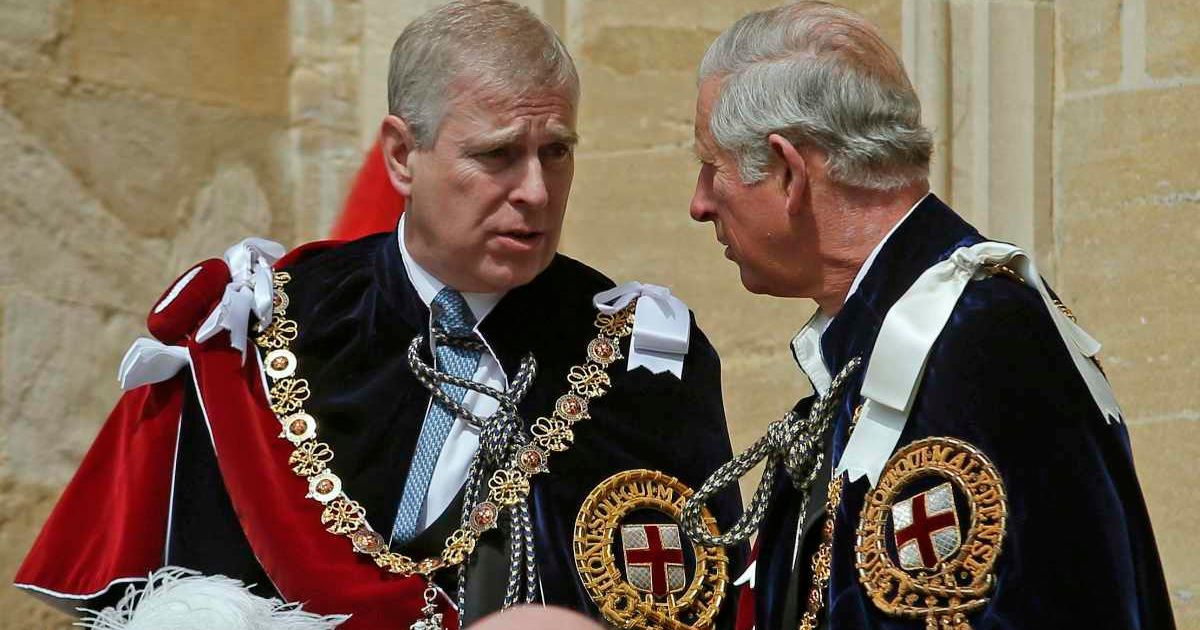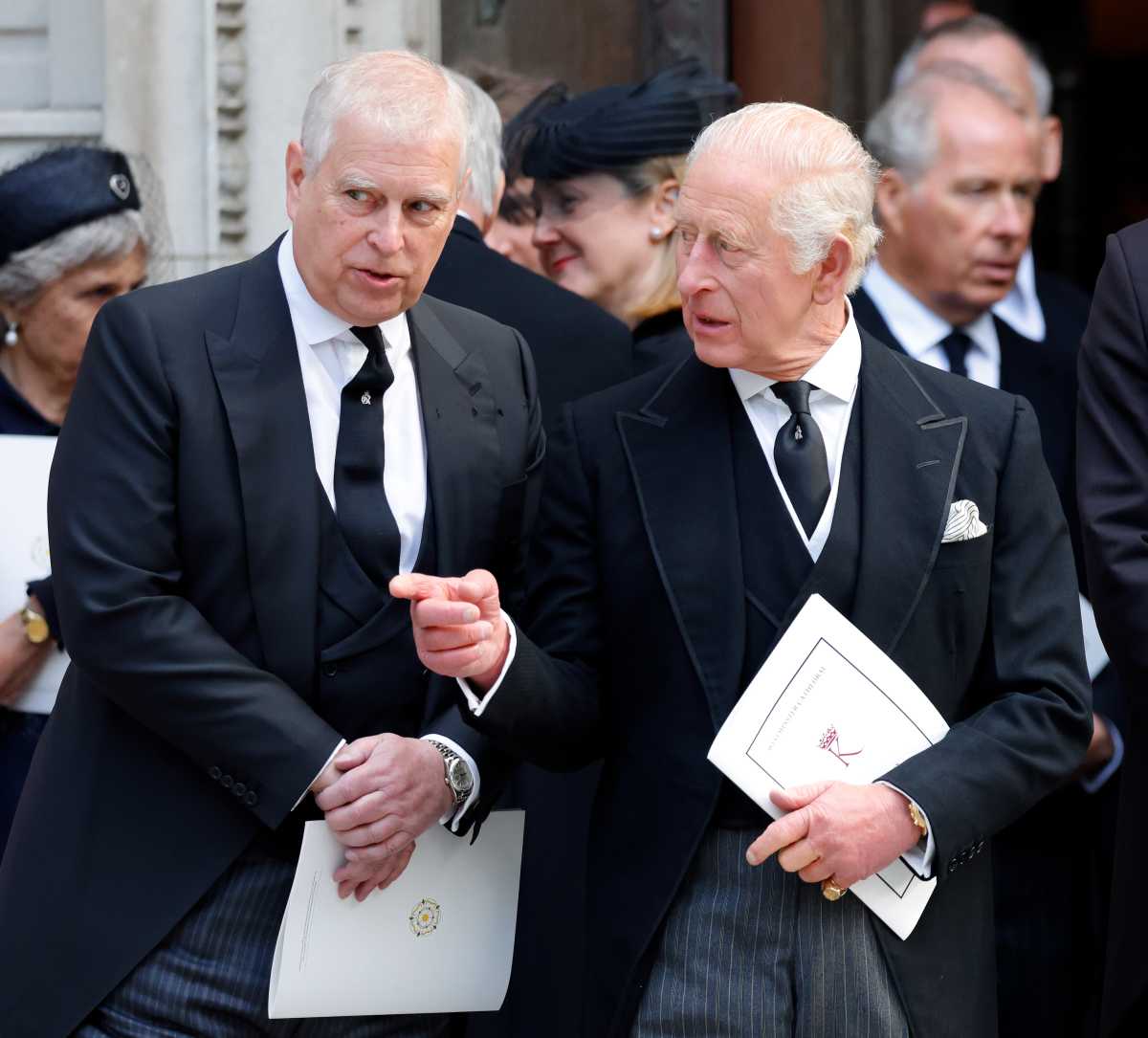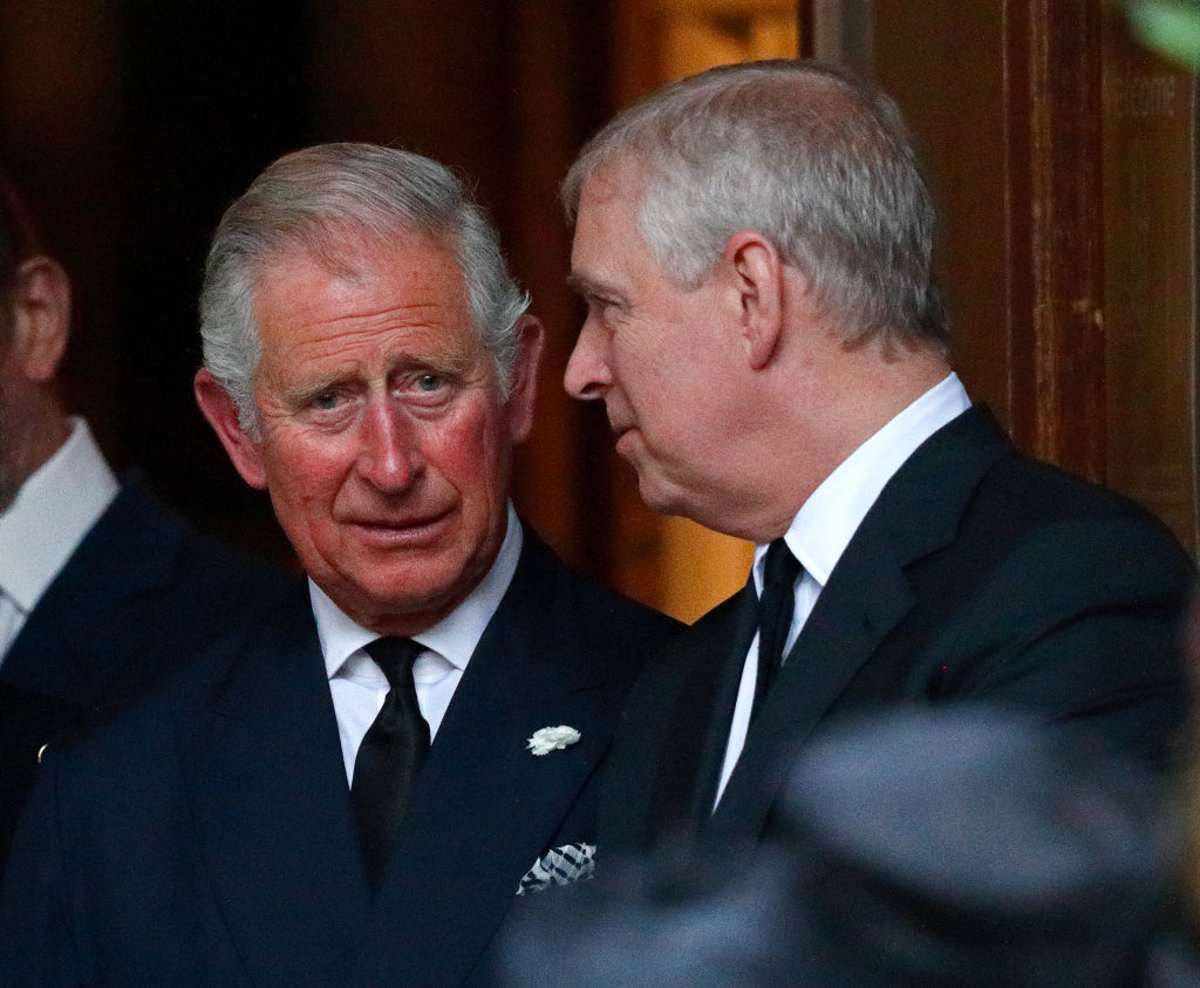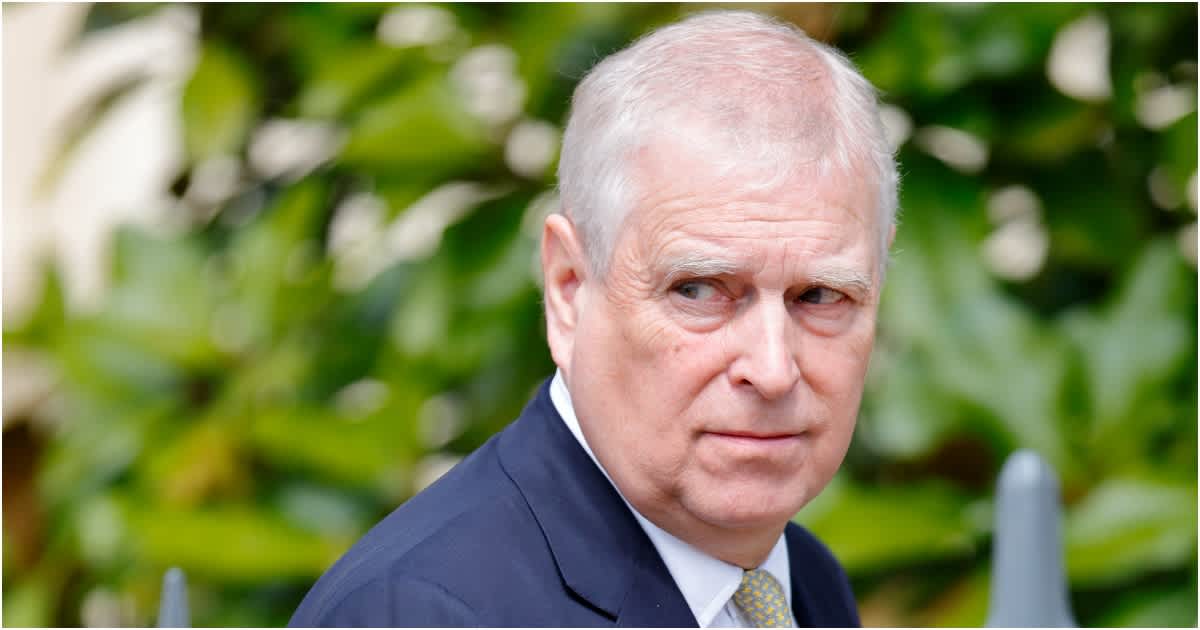King Charles Warned He Risks 'Disreputing' the Royal Family If He Strips Andrew of an Honored Title

King Charles faces an impossible dilemma: managing the Prince Andrew and Sarah Ferguson controversy, without further tarnishing the image of the monarchy. The disgraced Duke of York has long been considered a liability. But the moot point now is whether stripping down one of his last remaining honors, the Order of the Garter, would be better for the royal brand or drag the institution into a deeper embarrassment.

The Order of the Garter is one of the oldest and most chivalric orders in Britain, reserved for the monarch, members of the royal family, and select few outsiders of extraordinary achievements. Andrew currently retains his place but has been barred from its annual procession in Windsor — a half-in, half-out compromise that allows him to slip into the post-parade luncheon while remaining invisible to the crowds. Removing him altogether, however, would mark a seismic royal decision. Royal Commentator Richard Fitzwilliams told GB News, “Revoking such a beloved title could risk bringing the royal family into disrepute.” In other words, the cure might look worse than the disease.

And history looms large. Revoking Garter membership is not something done lightly. The last time the honor was rescinded was during wartime; Japan’s Emperor Hirohito was expelled during World War II, only to be reinstated decades later. Kaiser Wilhelm and Emperor Franz Joseph of Austria-Hungary also lost their memberships during World War I. To remove Andrew would therefore place him in infamous company and mark a watershed moment for the modern monarchy.
For Charles, the decision is lose-lose. On one hand, keeping Andrew in the fold, even now, risks undermining his efforts to streamline and modernize the institution. On the other hand, a dramatic expulsion would reopen wounds the Palace has tried hard to cauterize. “The public will be wanting to see some clear action on the King’s part,” says royal commentator Pauline Maclaran, “particularly as Andrew’s connections to Epstein are raked over again.” Yet Fitzwilliams insists the symbolism of removal could be counterproductive, stirring up a story the monarchy would rather keep buried, the BBC reported.

Andrew’s reputation is already severely bruised. The biography, Entitled: The Rise and Fall of the House of York by Andrew Lownie, spared little in its depiction of the Duke. Page after page it portrayed him as arrogant, entitled, and utterly lacking judgment — from his tone-deaf outbursts at staff to his questionable business ties with Libyan gun runners, Chinese spies, and relatives of dictators. Diplomats once reportedly nicknamed him 'His Buffoon Highness' for the gaffes he racked up while supposedly advancing Britain’s interests abroad. And behind all this bluster is his most embarrassing friendship of all time, with the disgraced financier, Jeffrey Epstein.
Lownie’s book argues that Andrew’s character flaws and poor judgment were amplified, not checked, by a life of privilege. “He’s been afforded every type of privilege, all his life, while displaying very poor judgment and getting into highly compromising situations,” Paris-based journalist Peter Allen observed. That pattern of indulgence and denial has created a reputation that, as Lownie put it, may now be 'sealed in concrete boots.'
